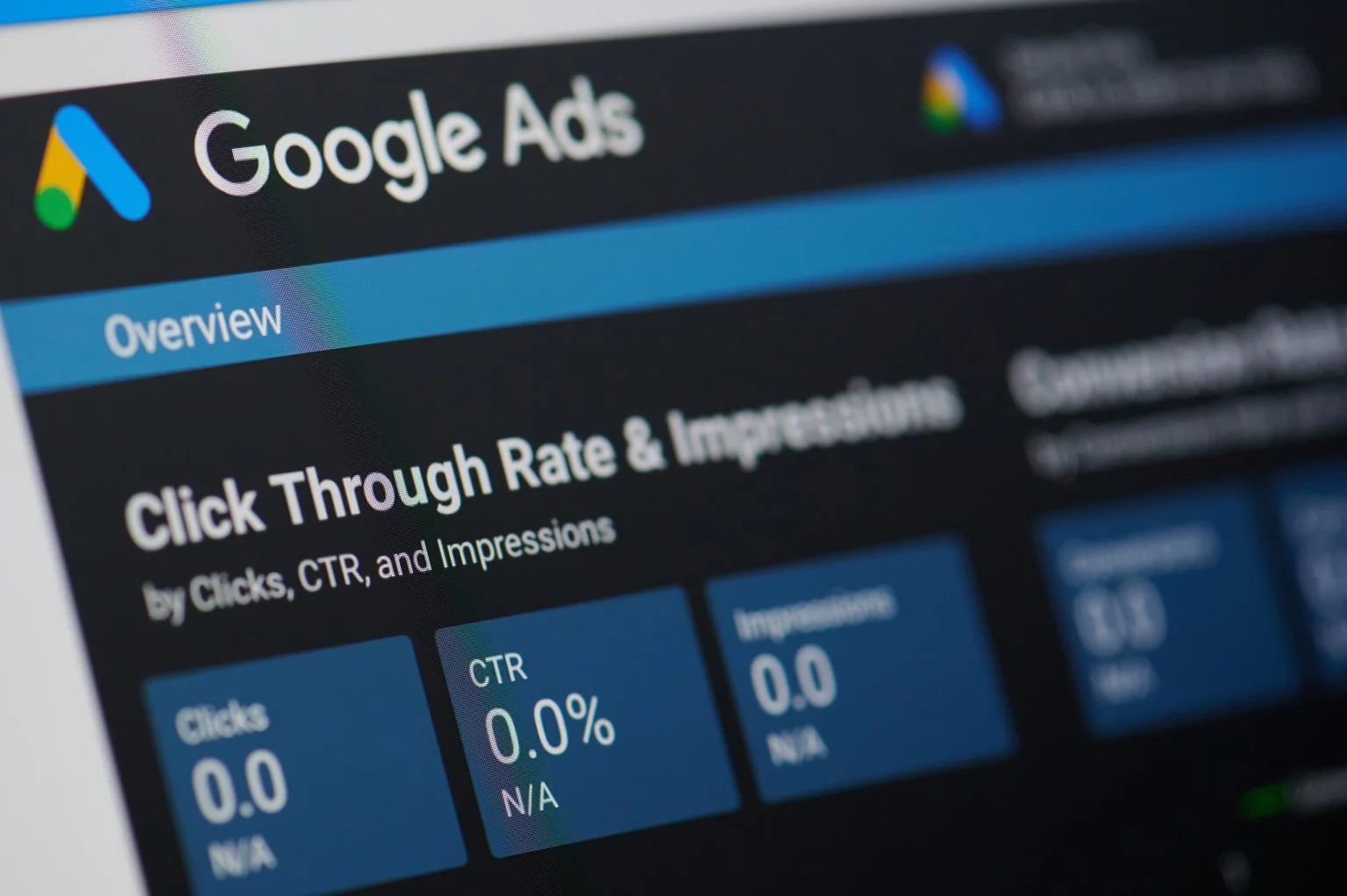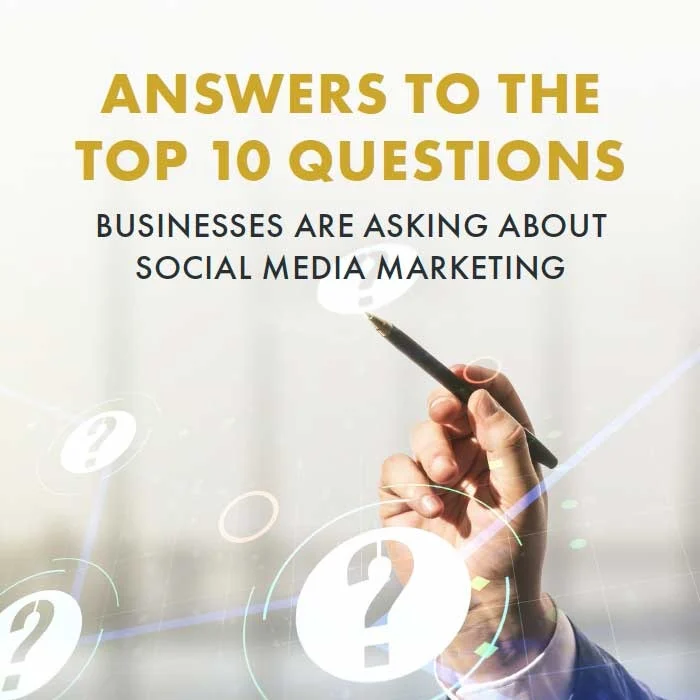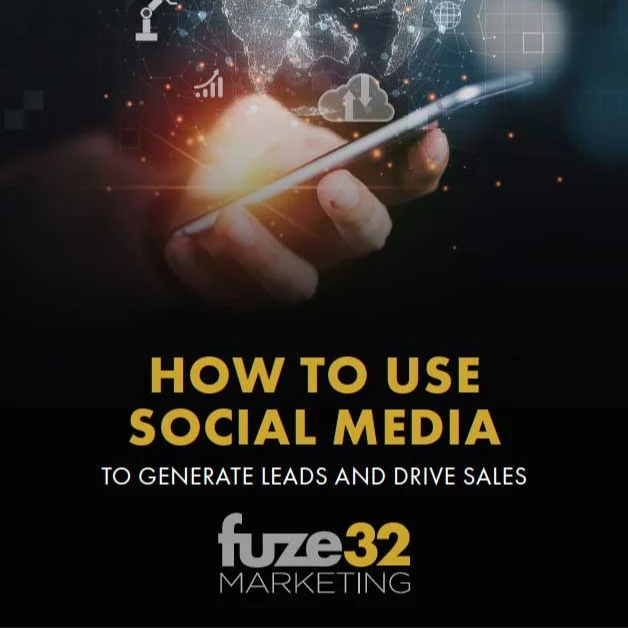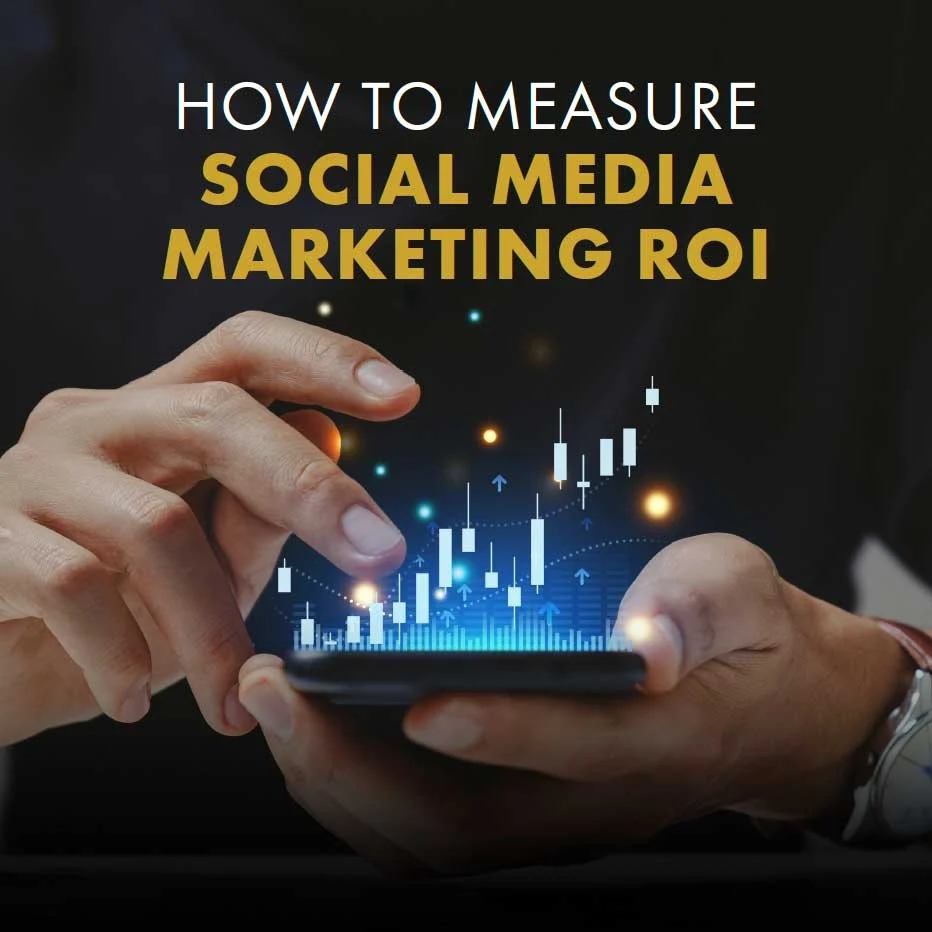
Hold on tight, fellow marketers and content creators. Instagram just pulled a fast one, and it’s a game-changer. The platform you’ve lovingly curated with flat lays, reels, and carousels is no longer just a shrine of aesthetic perfection. Thanks to a groundbreaking change, Instagram posts from professional accounts can now appear in Google's search results. Yes, you read that right, your Instagram content can strut its way right onto page one of Google.
Still processing this? Don’t worry, you’re not alone. But trust me, once you understand the magnitude of this change, you’ll be ready to turn your feed into an organic traffic engine. Here’s everything you need to know and, more importantly, how to use this to your advantage.
Why This Changes Everything
If Instagram’s new SEO capabilities have you thinking, “Okay, but why does this matter?”, here’s the scoop. Instagram boasts over 2 billion monthly active users, happily churning out an endless supply of content. Previously, that goldmine of visual material was secluded on Instagram, invisible to the wider web. But now, Google has unlocked the door.
This means your shiniest Instagram posts can pop up alongside traditional search results like websites, blogs, and even your competitors' meticulously crafted landing pages. Whether someone Googles “best skincare routines” or “team-building activities for remote workers,” your content could be right there in the mix.
For businesses, this is massive. Every Instagram post suddenly becomes dual-purpose, a social share and an SEO asset. That carousel outlining product FAQs? It could now rank for “how to use [your product]” searches. A witty Reel showcasing your brand’s personality? It might just snag a spot for “unique brand culture ideas.”
And here’s the kicker: most businesses are still in the dark, blissfully unaware that Instagram is now one of the freshest SEO players on the scene. Spoiler alert: This is your moment to get ahead of the curve.
The Early Bird Gets the Algorithm Worm
Remember the early days of TikTok when savvy brands were racking up views while the rest of the world waffled? This is that moment, but with the added credibility (and traffic-driving power) of Google rankings. Simply put, if you act now and optimize your Instagram strategy for SEO, you’ll have a distinct first-mover advantage.
While competitors continue to post predictable #MondayMotivation memes and latte photos, you’ll be rolling out content designed to capture both double-taps and search clicks. This is the ultimate "why didn’t I think of that?” opportunity, and if you hesitate, someone else will seize it first. No pressure.
But seriously, this is your chance to be the early adopter, the trailblazer, and the genius who figured it out while others lagged behind. Time to roll up your sleeves, update your captions, and make Google your new Instagram BFF.
Your Instagram-to-SEO Action Plan
Alright, enough hype, the question on everyone’s mind now is, “How do I actually do this?” Whether you’re an Instagram whiz or someone who accidentally posts stories to your main feed (we’ve all been there), this step-by-step guide will set you on the right track.
Step 1: Check Your Account Status
First things first, your Instagram account needs to be SEO-friendly before it can start snagging spots on Google. Here’s what to do:
- Switch to a professional account: If you’re still rocking a personal account in 2025, it’s time to upgrade. Both Business and Creator accounts work.
- Make it public: Google can’t rank what it can’t see. If your account is private, your content is invisible; problem solved by hitting that "public" button.
- Polish your profile: Treat your bio like an SEO-friendly homepage. Use strategic keywords to describe your business, focus on clarity, and include your website link.
Step 2: Assess Your Existing Content
This is where you grab a cup of coffee and brace yourself for some hard truths. Go through your feed and ask these questions:
- Are your captions meaningful, or are they just filler text?
- Have you used keywords that someone might actually search for?
- Are you over-relying on generic hashtags like #blessed or #OOTD?
If your content is more style than substance, it’s time to fix that. Start thinking less about "cute captions" and more about "valuable, searchable content."
Step 3: Optimize Captions, Media, and Hashtags
This is where the magic happens. Instagram content that plays nice with Google isn’t that different from what works on websites. Here’s how to optimize effectively:
- Write keyword-rich captions: Instead of "Just launched! 💥", craft captions like “5 ways our new [product name] makes [problem] a thing of the past.”
- Add alt text to visuals: This helps Google understand your images, improving accessibility and rankings. Pro tip? Alt text isn’t just for describing pictures; use keywords organically here.
- Hashtag smarter, not harder: Instead of leaning on the usual suspects (#instagood, we’re looking at you), research hashtags that align with your SEO keywords and audience intent.
Step 4: Create a Cohesive Content Strategy
Gone are the days of posting randomly and hoping for the best. If you want to maximize your Instagram SEO potential, every piece of content you publish should contribute to a larger narrative. Here’s how:
- Leverage Stories highlights: Use these to showcase evergreen content, like FAQs, tutorials, or product demos. Google indexes these, too.
- Use carousels to go in-depth: Multi-slide posts provide more opportunities to target specific keywords while offering value-packed content.
- Integrate video content: Google prioritizes video, making Reels or informative videos a smart play for ranking opportunities.
- Cross-promote wherever possible: Embed Instagram posts on your website and link relevant web pages in your Instagram content.
The Bottom Line: Your Social Content Just Became Your SEO Content
What does all of this mean? Quite simply, the invisible lines between social media and SEO have dissolved. They’re not separate strategies anymore; they’re teammates. Every Instagram post is a chance to climb search rankings, snag new audiences, and extend your content’s lifespan far beyond one afternoon’s scrolling session.
The brands that adapt to this shift can reap massive rewards. You’re no longer doubling down on content for separate channels. Instead, you’re positioning a single Instagram post as a double-duty piece of marketing gold. Beautiful, isn’t it?
Your Move
It’s time to stop treating Instagram as just a highlight reel of your brand aesthetic and start seeing it as a serious SEO channel. The early movers will carve out a competitive advantage that others can only envy. The starting gun has fired. What are you waiting for?



.webp)






















































